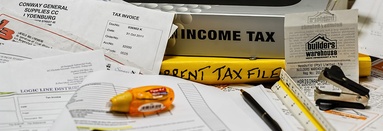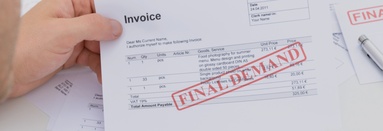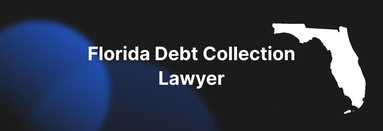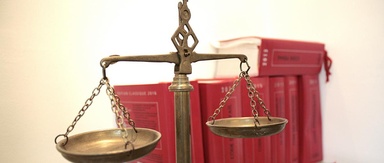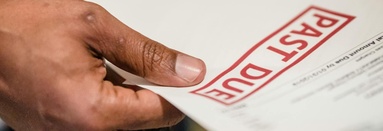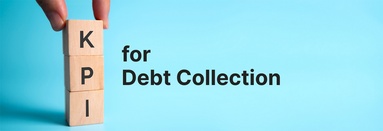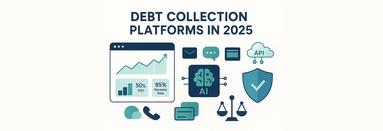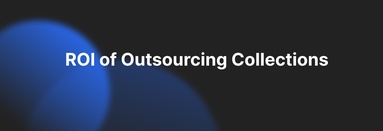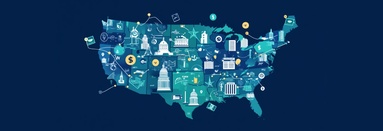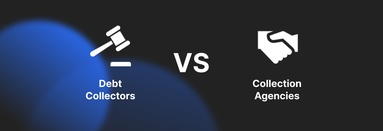Introduction
Imagine running a successful business, only to find your cash flow disrupted by unpaid debts that threaten your financial stability. Debt recovery specialists come into play as the unsung heroes, ensuring your business stays financially healthy by efficiently recovering outstanding debts ethically and professionally.
What is a Debt Recovery Specialist?
A debt recovery specialist is an entity that helps in the recovery of past due accounts that are outstanding and haven’t yet been repaid. These specialists can be independent agencies working as contractors and sometimes big organizations set up their own debt recovery departments to reduce reliance on outside contractors to improve their competitive edge.
Their primary function includes pursuing the recovery of debts through various methods such as letters, phone calls, negotiations, and, if necessary, legal actions.
For example, they might contact debtors via phone to remind them of overdue payments, adhering to legal restrictions like not calling before 8 a.m. or after 9 p.m. as per the Fair Debt Collection Practices Act.
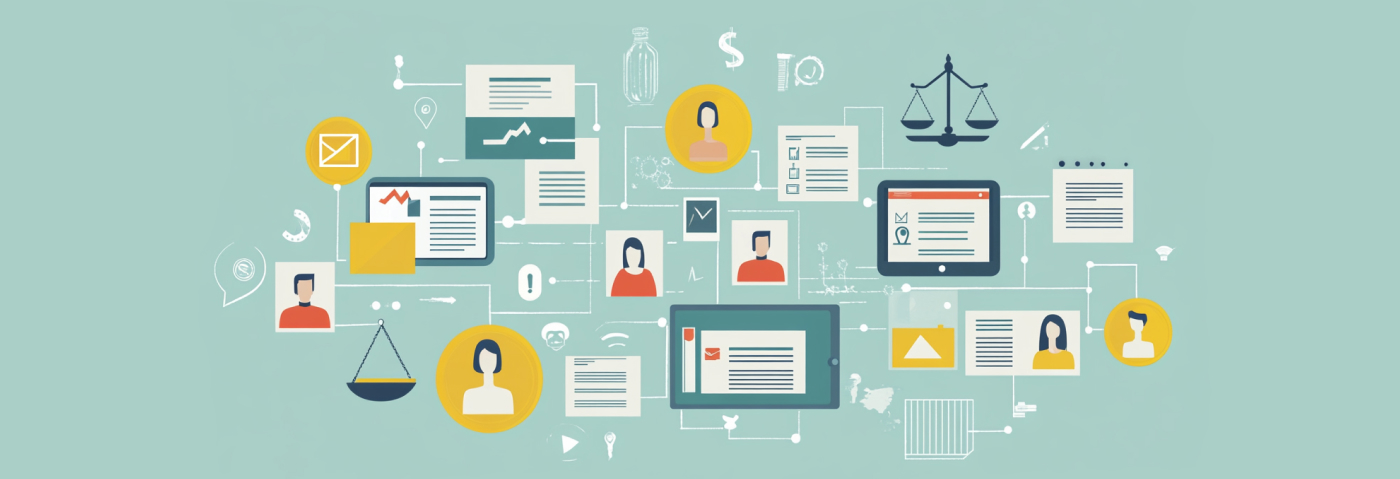
Importance of Effective Debt Collection for Cash Flow
Effective debt collection is vital for maintaining a healthy cash flow, as unpaid debts can reduce liquidity, increase costs, and strain business relationships. Strategies to improve cash flow include prompt invoicing, early payment incentives, and regular follow-ups with customers, reducing the need for external debt recovery services.
Debt recovery services can be categorized into two main types:
- Commercial Debt Recovery: This involves recovering debts from other businesses, common in B2B transactions where one company owes money to another.
- Consumer Debt Recovery: This involves recovering debts from individuals, such as credit card debts, loans, or unpaid bills.

Both categories require different approaches. Commercial debt recovery is more complex and requires a higher level of professionalism and expertise. It also involves more ethical considerations and legal compliance. Whereas consumer debt does not involve the same level of complexity, however it is more nuanced as consumer debt deals with smaller amounts of debt with debtors who have very different circumstances compared to commercial debtors.
The Role of Debt Collection Agencies
The role played by debt collection agencies is crucial. Debt collection is a vital part of the cash flow cycle for any business. Debt collection agencies streamline the cash flow cycle, thereby improving the cash flow for a business. They help businesses reduce the time and effort required to recover debt, allowing them to divert these resources to core tasks.
Most debt collection agencies operate on a contingency fee basis, usually receiving 25% to 50% of the recovered amount, or they may buy delinquent debt at a discount and keep the profit.
How They Operate
Agencies in the collection industry follow a structured process to collect their debts. Their process is usually in the following sequence:
- Initial communication via phone or mail
- Negotiation and arrangement of payment plans
- Legal action, if required, always adhering to FDCPA guidelines to avoid harassment or unethical behavior.

Services Provided
Services provided by agencies include:
- Skip tracing: This involves locating debtors who have changed addresses or contact details.
- Credit reporting: This involves reporting the information of unpaid or uncollected debts to the relevant credit bureaus.
- Litigation support: This involves assisting businesses in legal proceedings against debtors if necessary.
Compensation and Legal Compliance
The compensation structure relies on the contingency fees or purchasing debt. The agencies should follow the legal and ethical requirements for debt collection to avoid harassment. Their services must be transparent to a degree, to build goodwill and trust with both the creditors and debtors.
Managing Accounts Receivable and Collection Efforts
Accounts receivable management ensures debts are collected on time, minimizing bad debts. Best practices include clear credit terms, regular reviews, automation with accounting software, and credit checks on new customers, helping maintain financial health.

Fair and Unfair Practices by Debt Collectors
Debt recovery must be ethical, respecting debtors, being transparent, and complying with laws. Unfair practices to avoid include harassing phone calls, false representations, and public disclosures, ensuring trust and credibility.
Common Issues Faced by Debt Recovery Specialists
Challenges include locating debtors, navigating legal hurdles, and handling cross-border collections. Solutions involve debt tracing services, legal expertise, and international networks, improving success rates.
Choosing the Right Debt Recovery Company
Selecting the right company involves considering the following important factors:
- Reputation
- Services offered
- Fees
- Success rates
These factors can be evaluated through:
- Regularly published reports
- Open communication
- Market analysis
Businesses must be very thorough while choosing the right debt recovery company, as it can impact their own goodwill with their customers.
Current Trends in Debt Recovery
Like every other industry, the debt recovery industry is also evolving with the AI revolution. AI and machine learning are playing a pivotal role to improve predictive analysis. In addition to this automation tools are improving communication.

Preventative Measures to Avoid Debt Accumulation
Businesses can proactively reduce debt recovery reliance by:
- Clearly outlining payment terms
- Regular financial health checks
- Implementing robust credit-checking processes
FAQ
- When should I hire a debt recovery specialist?
If debts remain unpaid despite internal collection attempts.
- What happens during the debt collection process?
Debtors are contacted, payment arrangements are negotiated, and legal action initiated if necessary.
- How long does debt collection typically take?
Varies widely, typically from weeks to several months, depending on debtor responsiveness and complexity.
Checklist: Choosing the Right Debt Recovery Specialist
Here is a short checklist that you can use when choosing your debt recovery agency:
- Verify agency reputation in the market
- Check reviews and publicly available data
- Check past record and past clients
- Check news and other sources for any negative mention for ethical breaches
- Review services provided
- Assess contingency fee structures
- Confirm legal compliance and ethical standards
- Evaluate their success rate and performance history
.jpg)
Conclusion
In conclusion, debt recovery specialists are critical for financial health and productivity ensuring creditors recover debts through ethical and efficient practices, thus ultimately supporting business growth. Understanding their role, challenges, and trends helps businesses manage accounts effectively.






.jpg)
